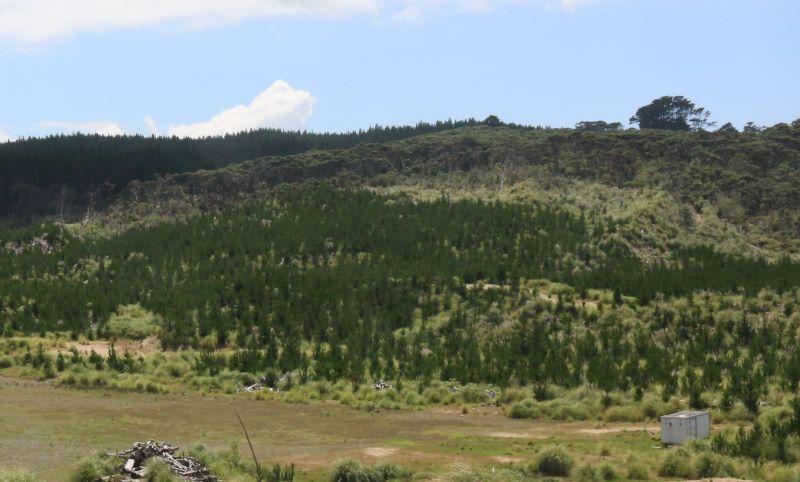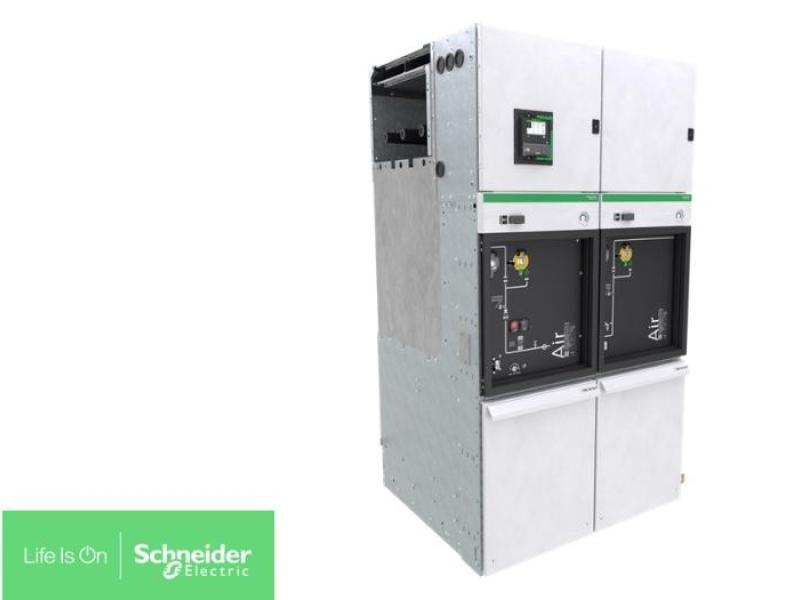New Zealand’s leading carbon certification and advisory services provider Toitū Envirocare has announced it will transition out of accepting New Zealand carbon credits in its carbon certification programmes. Carbon credits that have been issued under the PFSI (Permanent Forest Sinks Initiative) and PP89 (Permanent Post 1989 Forest category of the Emissions Trading Scheme) will no longer be accepted for offsetting in the Toitū carbon certification programmes. This strategic shift aligns with the evolving standards in the global Voluntary Carbon Market (VCM), as they no longer meet the latest international best practice, especially amid heightened demand for integrity and transparency in carbon credit projects. The transition will commence in early 2024, once the new best practice becomes operational.
Toitū Envirocare Chief Science and Advisory Officer Dr Belinda Mathers said, “We appreciate the importance of supporting New Zealand based projects, and historically these projects have been accepted as suitable quality, but market expectations for carbon credits have changed. While there are excellent indigenous forestry projects in Aotearoa, the NZ schemes that issue carbon credits are not being assessed by the Integrity Council for the Voluntary Carbon Market (IC-VCM), against the quality requirements, so cannot show that they meet expectations. We conducted a thorough review of options for continuing to use the New Zealand credits, but none are yet suitable for meeting best practice”.
Both the carbon credit projects (PFSI and PP89) were set up for permanent forest carbon credit projects for the NZ Emissions Trading Scheme, the Government’s regulatory compliance scheme aimed at reducing national greenhouse gas emissions. Its standards are designed to meet specific national policy goals and legal requirements. In contrast, the VCM, where Toitū operates, adheres to different, more stringent, standards. These are guided by international best practice and emphasise aspects such as transparency, global applicability, and additional environmental or social benefits. Toitū Envirocare’s decision is to ensure it can remain aligned with the latest international best practices, market expectations, and provide the highest levels of international recognition and transparency to NZ businesses.
Toitū Envirocare follows international best practice as set by the ICVCM, the independent global governance body for the VCM. It is their latest guidance established as a global standard for carbon credit quality that defines New Zealand carbon credits as no longer meet the quality requirements.
The New Zealand carbon credit programmes (PFSI and PP89) are government owned and were primarily developed for selling into the compliance-based NZ Emissions Trading Scheme (ETS). At this stage there is no intention for the PFSI and PP89 to get assessed. As a result, projects under these schemes cannot be approved as ICVCM compliant, even if they individually meet the criteria.
Toitū members will still have options to support New Zealand sites: “For example, members can opt for the Toitū Climate Positive certification option and purchase New Zealand carbon credits as part of the ‘impact contribution’ component of the certification requirements,” says Dr Mathers. “For the affected New Zealand suppliers, they still have the option to sell their credits into the NZ ETS, which is the primary purpose of the schemes”.
Carbon credits used for offsetting in the Toitū programme will be from international projects issued by standards that have been assessed as meeting the best practice set out by ICVCM. However, Toitū remains hopeful of accepting New Zealand based credits again in the future, once carbon crediting schemes that are meeting best practice become operational in New Zealand.






